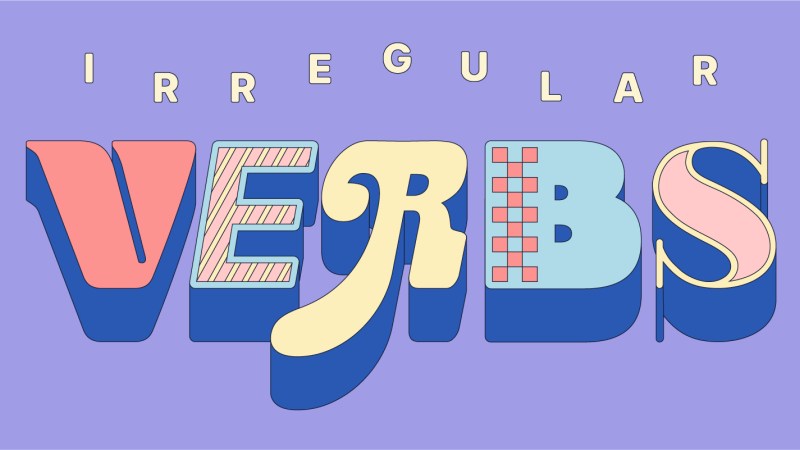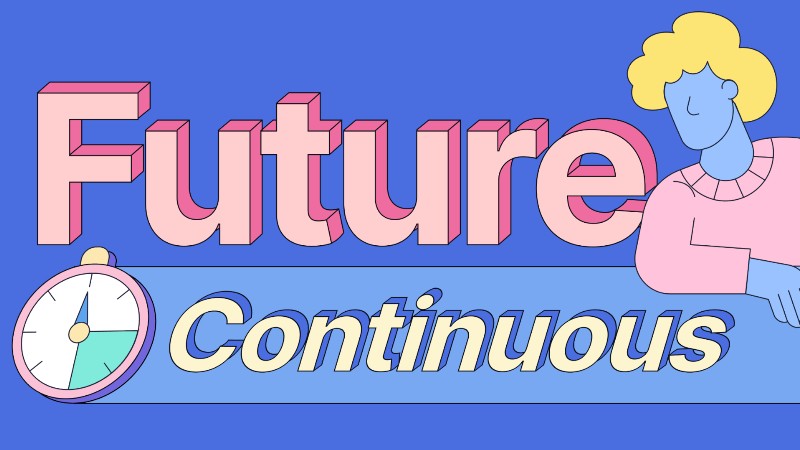
现在进行时 (未来安排)
我们经常用现在进行时表示未来,特别是已经和其他人决定了时间和地点的安排。通常会搭配未来的时间表达,例如 tomorrow, next week, at 7 等。
I’m playing mobile games with my friends tomorrow. 我明天要和朋友一起玩手机游戏。 (我已经和他们谈过了,并安排好了玩手机游戏。)
I’m watching a concert in the evening.我在晚上看一场音乐会。 (我有一张音乐会门票了。)
We’re working on a new project next month.下个月我们正在开发一个新项目。 (我们已经决定接受该项目,并且可能已经制定了有关该项目的计划等)
表达未来安排的现在进行时用法时常会搭配与旅行和与他人见面相关的动词。
I’m leaving in the afternoon. I’m taking the train at 18:30. 我下午离开。我18:30乘火车。
I’m playing tennis with Jack tomorrow. Would you like to come? 明天我要和Jack打网球。你想不想来?
I’m seeing the doctor after lunch. 我午饭后去看医生。
现在进行时 vs be going to
我们通常会用现在进行时或 be going to 来表达未来的计划。
I’m visiting my parents in the afternoon. 下午我要去拜访我的父母。
I’m going to visit my parents in the afternoon. 下午我要去拜访我的父母。
但是我们已经做好安排时会较喜欢用现在进行时(例如,已经与其他人决定好时间和地点)。当我们在强调我们做某件事的意图时会用 be going to。
I’m going to study for the exam. 我要为明天的考试去复习了。 (这是我的意图)
I’m leaving at 21:00 tonight. 我今晚 要21:00离开。 (这是一种安排。)
‘Your bike is dirty.’ I’m going to wash it tomorrow.’ “你的自行车脏了。”我明天去洗。 (这是我的意图,但我没有安排这样做。)
用 will 表示选择
使用 will 表示在说话的同时就已经做出决定(当即选择,非预先安排好)
‘We don’t have milk.’ ‘Don’t worry, I’ll buy some.’ “我们没有牛奶。” “别担心,我去买一些。”
用be going to 或 will 表示预测
用 be going to 或 will (非现在进行时)来对未来做出预测。 (见语法 will vs be going to)
I guess she’ll pass the exam. 我猜测她会通过考试。
The doctor said I’m going to have a boy. 医生说我要生男孩。
现在进行时 (未来安排) – 练习题
以下选择题如出现多项答案可行,请选择现在进行时。



Comments